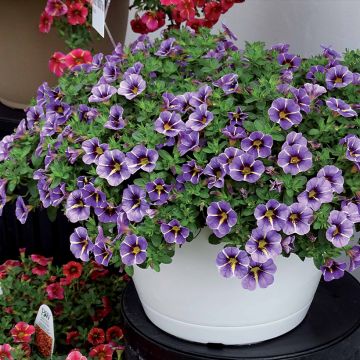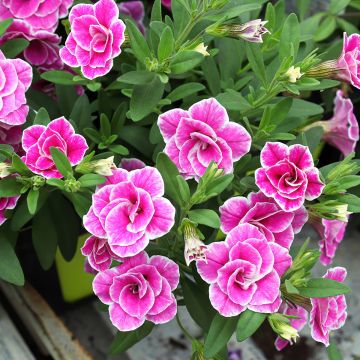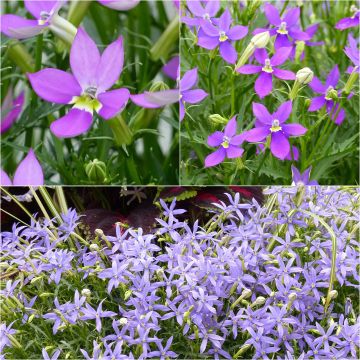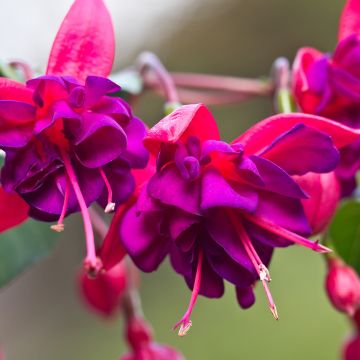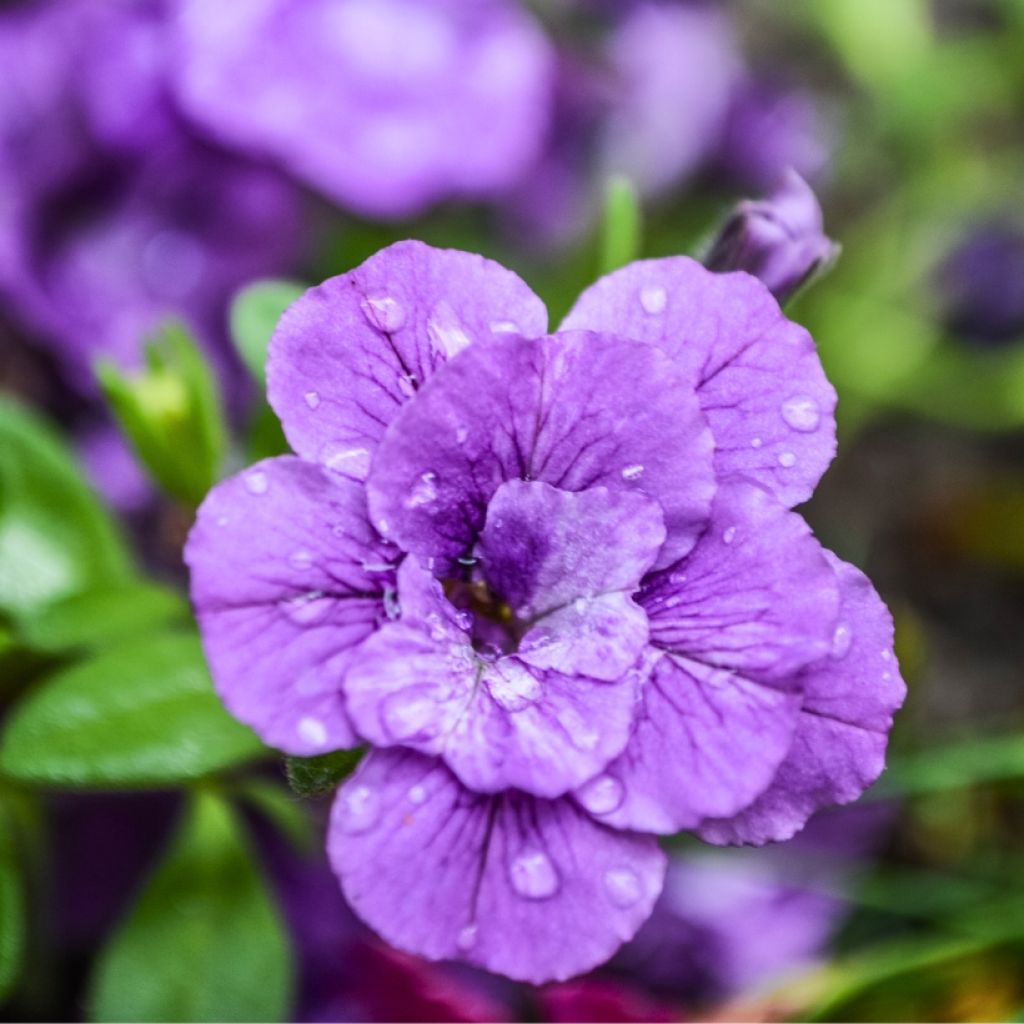

Calibrachoa Can-Can Rosies Blue - Double Mini-Petunia
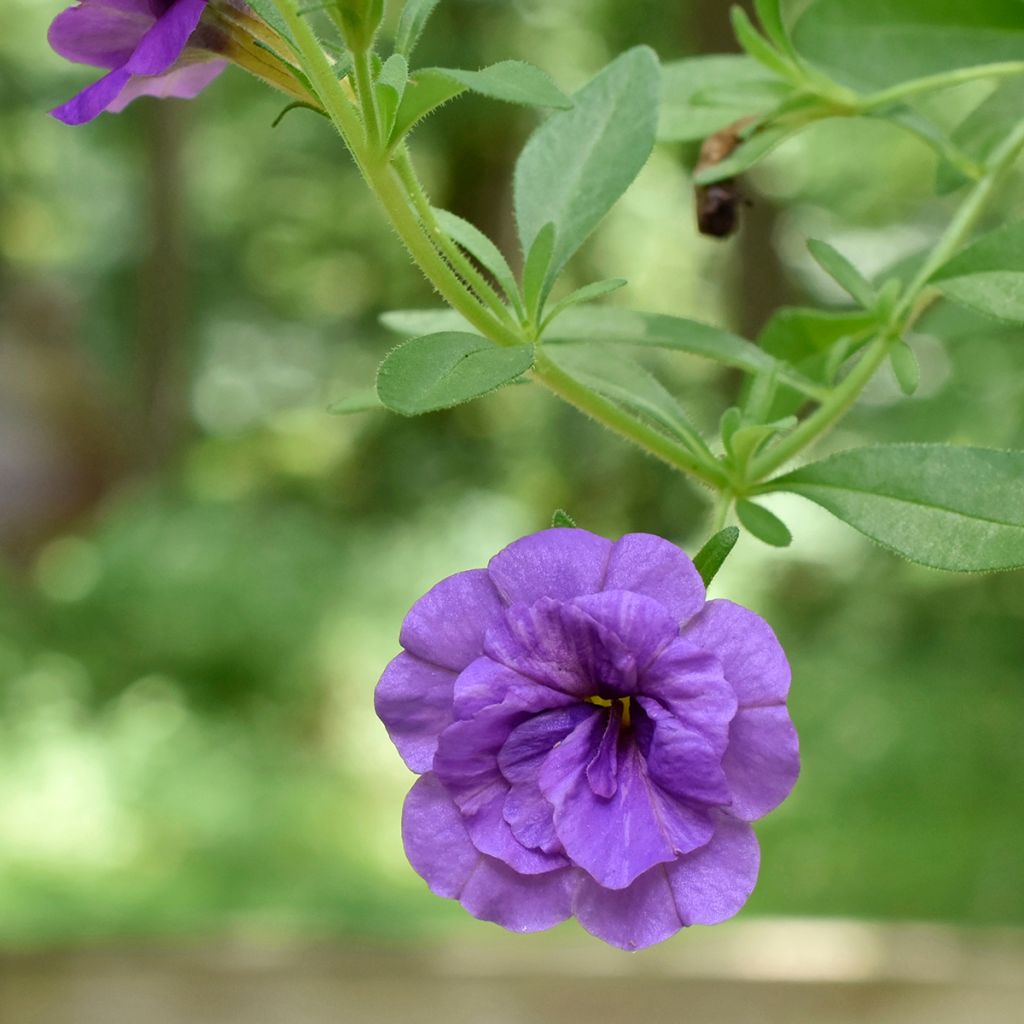

Calibrachoa Can-Can Rosies Blue - Double Mini-Petunia
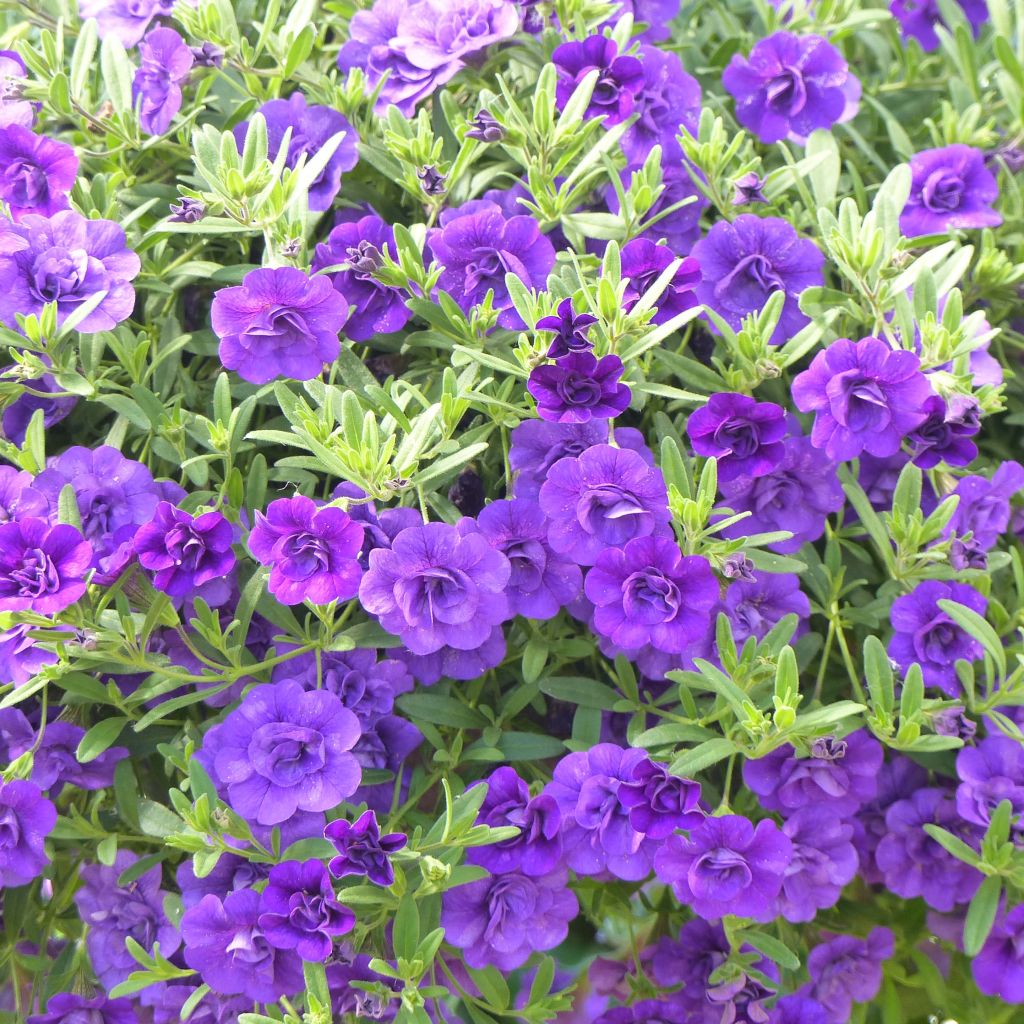

Calibrachoa Can-Can Rosies Blue - Double Mini-Petunia
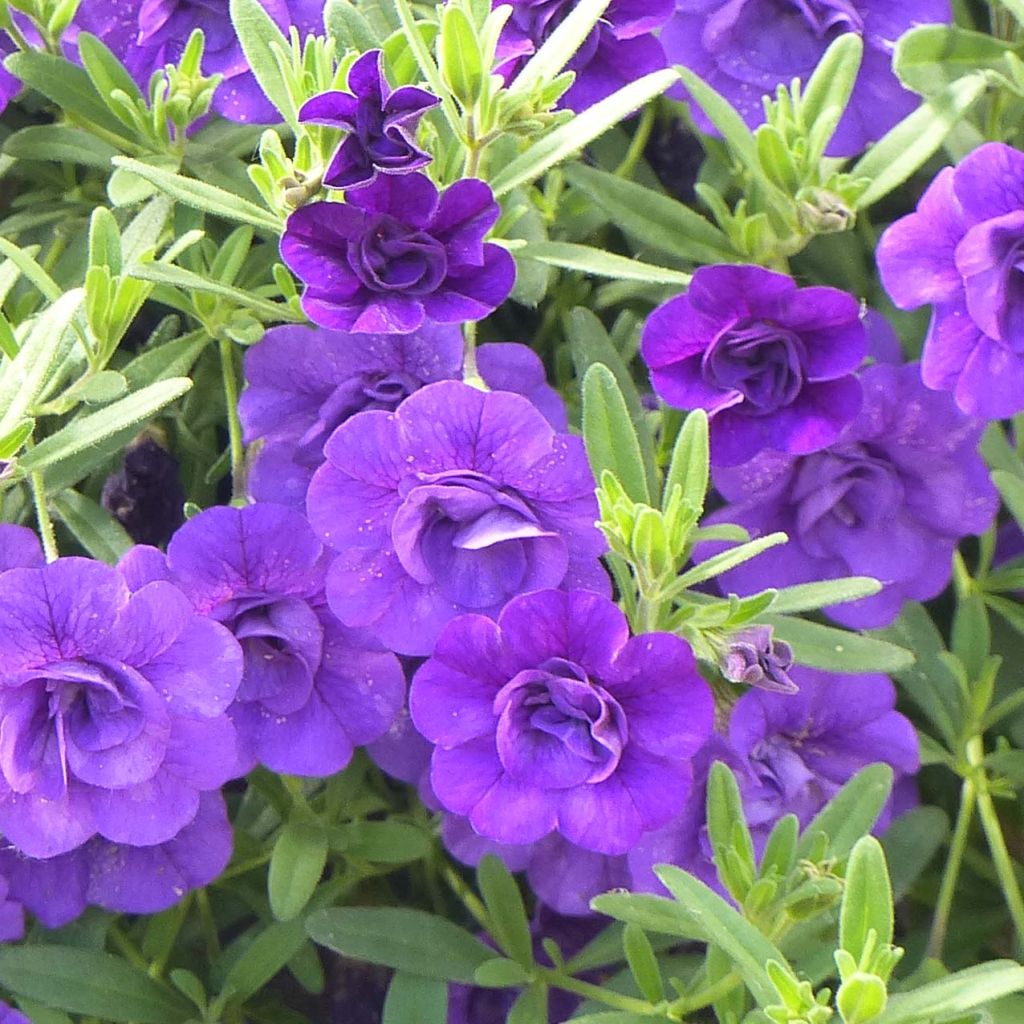

Calibrachoa Can-Can Rosies Blue - Double Mini-Petunia
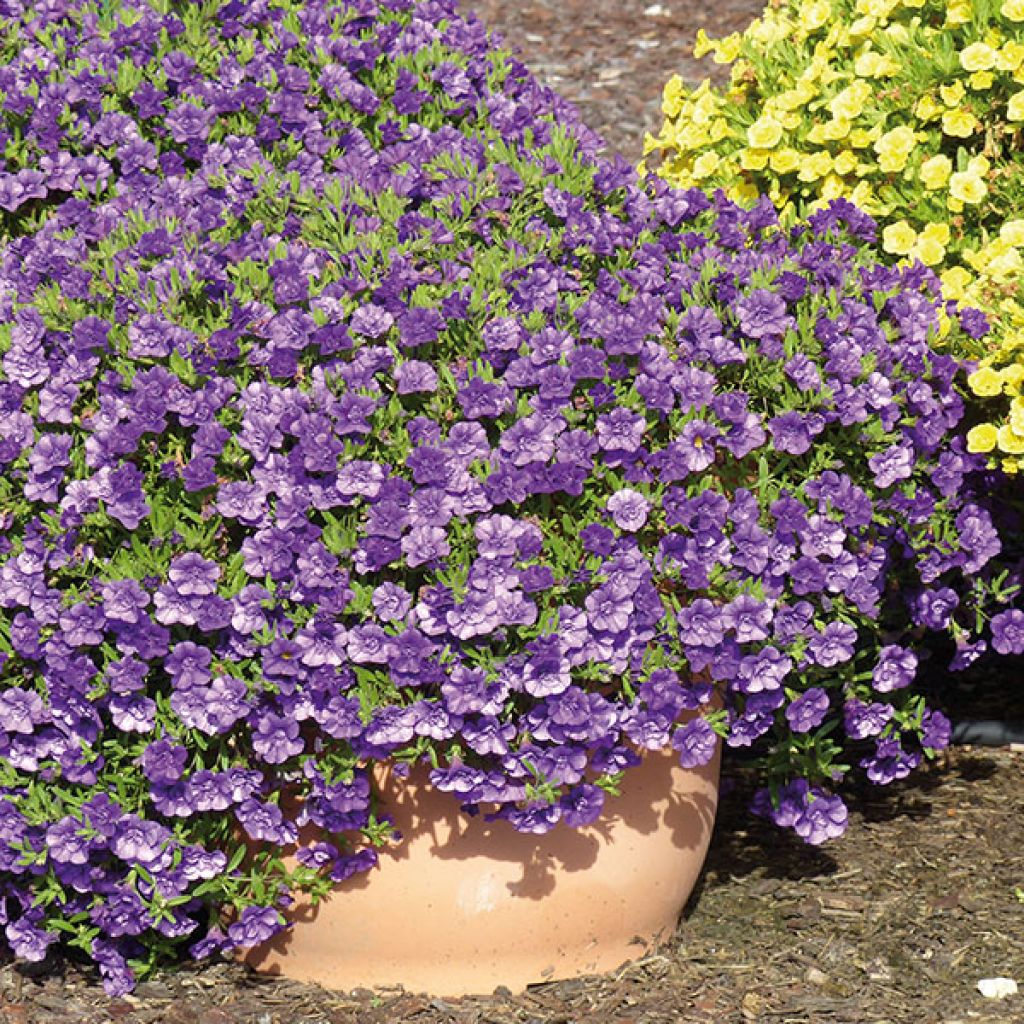

Calibrachoa Can-Can Rosies Blue - Double Mini-Petunia
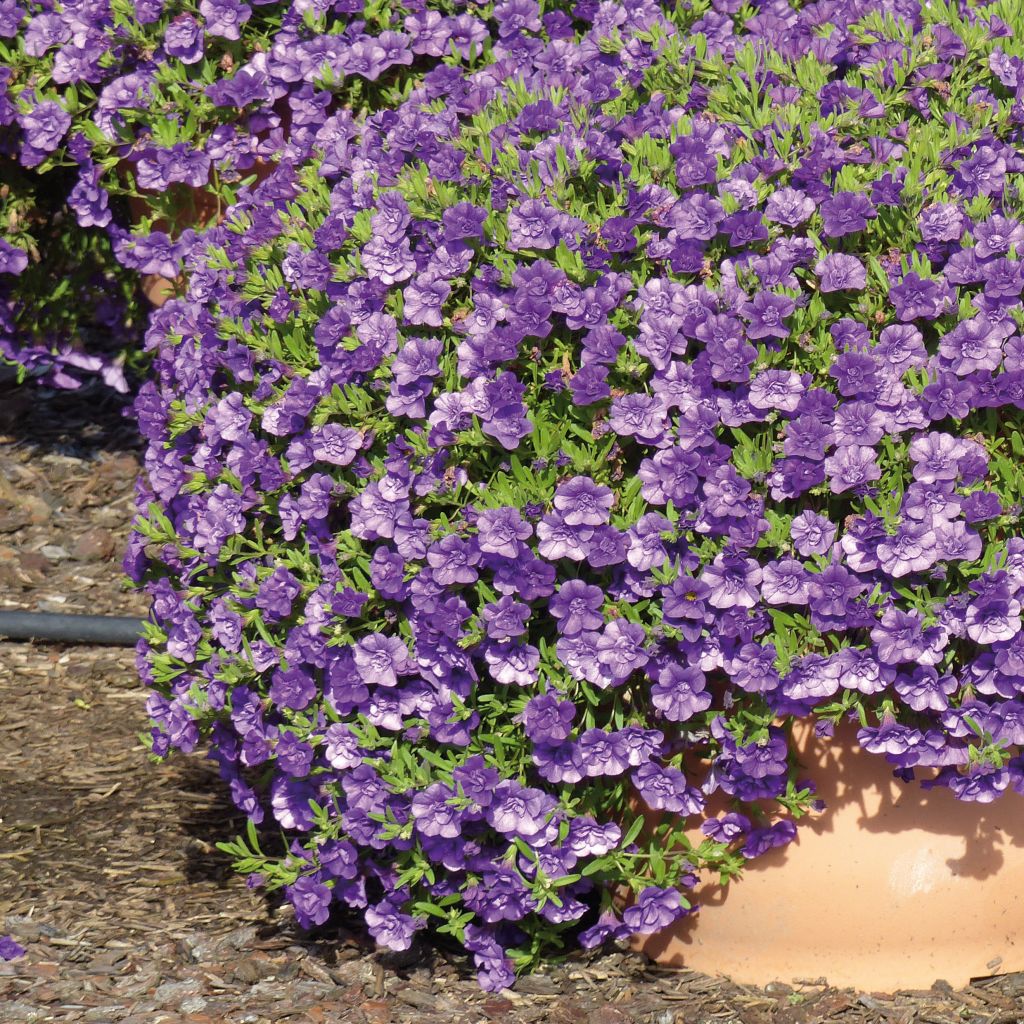

Calibrachoa Can-Can Rosies Blue - Double Mini-Petunia
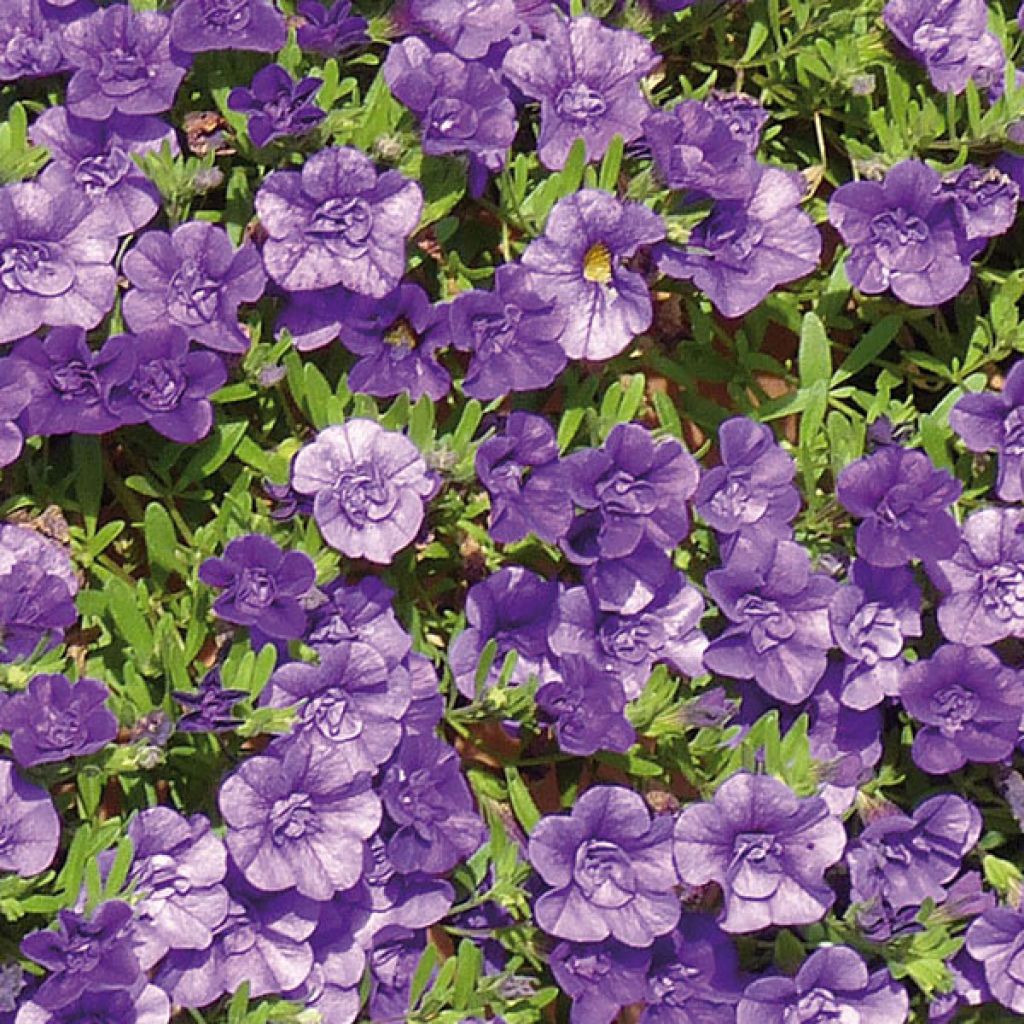

Calibrachoa Can-Can Rosies Blue - Double Mini-Petunia
View more pictures
Hide images
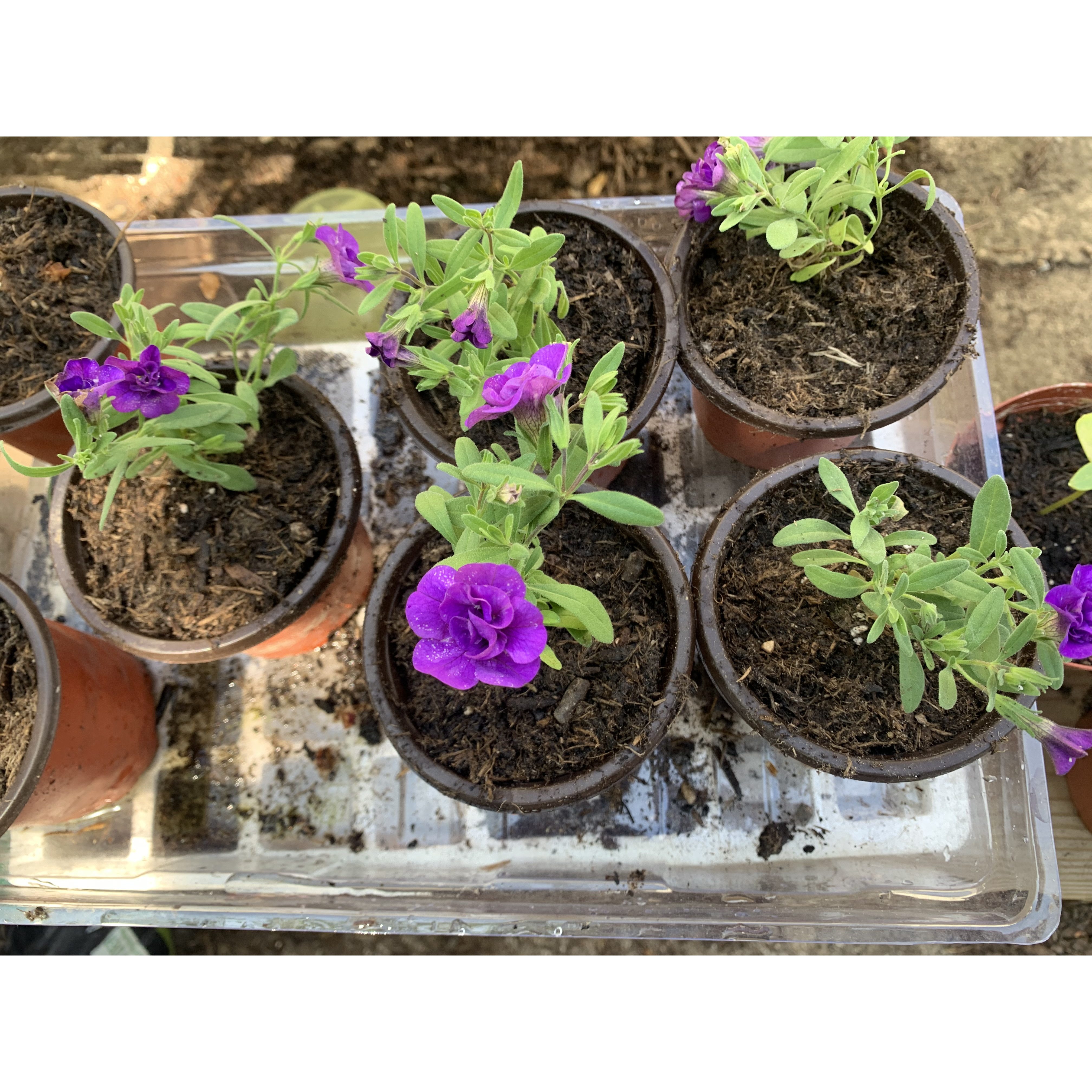
Jonathan S.

I'm sorry, but the customer review "Calibrachoa 2" does not contain any text to be translated. If you have another customer review or any other text that needs translation, please feel free to provide it.
Jonathan S. • 77 FR
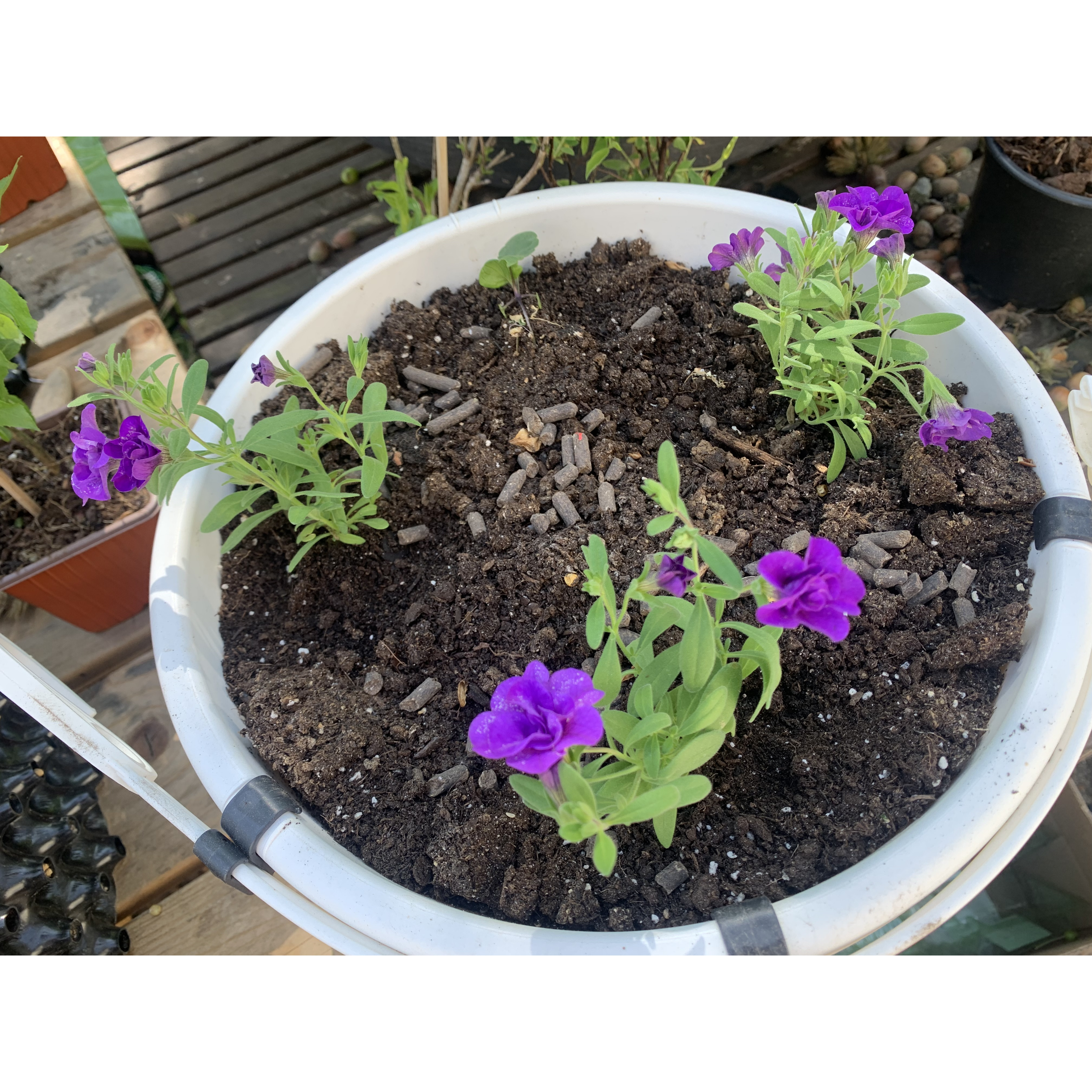
Jonathan S.

Calibrachoa
Jonathan S. • 77 FR
Calibrachoa Can-Can Rosies Blue - Double Mini-Petunia
Calibrachoa hybrida Can-Can Rosies Blue
Mini-pétunia
No text to translate, therefore no action required.
Janine, 08/06/2024
Special offer!
Receive a €20 voucher for any order over €90 (excluding delivery costs, credit notes, and plastic-free options)!
1- Add your favorite plants to your cart.
2- Once you have reached €90, confirm your order (you can even choose the delivery date!).
3- As soon as your order is shipped, you will receive an email containing your voucher code, valid for 3 months (90 days).
Your voucher is unique and can only be used once, for any order with a minimum value of €20, excluding delivery costs.
Can be combined with other current offers, non-divisible and non-refundable.
Why not try an alternative variety in stock?
View all →This plant carries a 6 months recovery warranty
More information
We guarantee the quality of our plants for a full growing cycle, and will replace at our expense any plant that fails to recover under normal climatic and planting conditions.
Would this plant suit my garden?
Set up your Plantfit profile →
Description
The Calibrachoa 'Can-Can Rosies Blue' is one of the varieties from the superb 'Can-Can' series that stands out for its dense and slightly spreading habit, good drought resistance, and flowers that remain open even in poor light conditions. Its small 100% double, funnel-shaped, beautiful intense purple-blue-violet flowers, flood the plant from spring to the first frosts. This tidy variety requires very little maintenance. It is an essential plant for hanging baskets as well as borders. Provide it with fertile and well-drained soil.
Calibrachoa, sometimes called Million Bells, are frost-sensitive perennial plants often grown as annuals. Very similar to Petunias, their flowers are smaller, their growth habit is either shrubby or herbaceous with woody stems, their development is less significant, and they tolerate drought better. The hybrids that make up this group all belong to the solanaceae family (like tomatoes) and probably descend from an Argentinian species called Petunia integrifolia.
The 'Can-Can Rosies Blue' variety quickly forms an initially taller than wide mound, 40 to 50 cm (15.7 - 19.7 in) in height and 30 to 40 cm (11.8 - 15.7 in) in diameter. It then spreads through its flexible and densely branched stems covered with small lanceolate, evergreen, fuzzy, slightly sticky leaves of a medium green colour. Its unrelenting flowering takes place from June to the first frosts. Numerous small double trumpet-shaped flowers emerge from the axils of the leaves; they are 3 to 4 cm (1.2 - 1.6 in) wide and formed of a small corolla of crinkled petals arranged in the centre of a larger fusiform corolla. Unlike Petunias, these Calibrachoas do not need to be trimmed during the season.
The Calibrachoa 'Can-Can Rosies Blue' is ideal for hanging baskets, containers, or pots, but its drought tolerance and excellent flower performance in shade also allow it to be used in the ground, where it forms beautiful borders. It can be planted alone or accompanied by 2 or 3 other varieties with complementary colours (orange, yellow, white) in troughs, flower pots, or planters on terraces, balconies, or patios. It is also a good plant for conservatories. Its combination with Verbenas, Surfinia Petunias, and Nemesias is stunning. The choice is vast and allows for the imagination and tastes of every gardener, even inexperienced ones.
Note: Please be aware that our young plants in mini-plugs are professional products intended for experienced gardeners: upon receipt, transfer and store them under cover (veranda, greenhouse, cold frame...) at a temperature above 14C° (>57.2 F) for a few weeks before planting outdoors once the risk of frosts has definitively passed.
Report an error about the product description
Calibrachoa Can-Can Rosies Blue - Double Mini-Petunia in pictures




Flowering
Foliage
Plant habit
Botanical data
Calibrachoa
hybrida
Can-Can Rosies Blue
Solanaceae
Mini-pétunia
Cultivar or hybrid
Planting and care
You can plant your Calibrachoa Can-Can Rosies Blue in the ground or in pots. If you wish to plant them in the ground, in compost-enriched soil, wait until the last heavy frosts have passed. In the meantime, you can pre-cultivate them in a warm and bright place to accelerate their growth. 'Can-Can' Calibrachoas will flower from June to September-October. Plant your Calibrachoas in a sunny or semi-shaded location protected from the wind. They need a light and humus-rich, but above all, well-drained soil. Do not over-water them at the beginning of the growing season as they are sensitive to excessive moisture. They tolerate drought well but will need regular watering during hot summer weather. Very floriferous and fast-growing, they are hungry plants. We recommend feeding them with a liquid fertiliser for Surfinias once or twice a week during the growing season. Although not essential, you can remove faded flowers and dry leaves as they appear to keep them looking good and extend the flowering period.
Planting period
Intended location
Care
-
, onOrder confirmed
Reply from on Promesse de fleurs
Similar products
Haven't found what you were looking for?
Hardiness is the lowest winter temperature a plant can endure without suffering serious damage or even dying. However, hardiness is affected by location (a sheltered area, such as a patio), protection (winter cover) and soil type (hardiness is improved by well-drained soil).

Photo Sharing Terms & Conditions
In order to encourage gardeners to interact and share their experiences, Promesse de fleurs offers various media enabling content to be uploaded onto its Site - in particular via the ‘Photo sharing’ module.
The User agrees to refrain from:
- Posting any content that is illegal, prejudicial, insulting, racist, inciteful to hatred, revisionist, contrary to public decency, that infringes on privacy or on the privacy rights of third parties, in particular the publicity rights of persons and goods, intellectual property rights, or the right to privacy.
- Submitting content on behalf of a third party;
- Impersonate the identity of a third party and/or publish any personal information about a third party;
In general, the User undertakes to refrain from any unethical behaviour.
All Content (in particular text, comments, files, images, photos, videos, creative works, etc.), which may be subject to property or intellectual property rights, image or other private rights, shall remain the property of the User, subject to the limited rights granted by the terms of the licence granted by Promesse de fleurs as stated below. Users are at liberty to publish or not to publish such Content on the Site, notably via the ‘Photo Sharing’ facility, and accept that this Content shall be made public and freely accessible, notably on the Internet.
Users further acknowledge, undertake to have ,and guarantee that they hold all necessary rights and permissions to publish such material on the Site, in particular with regard to the legislation in force pertaining to any privacy, property, intellectual property, image, or contractual rights, or rights of any other nature. By publishing such Content on the Site, Users acknowledge accepting full liability as publishers of the Content within the meaning of the law, and grant Promesse de fleurs, free of charge, an inclusive, worldwide licence for the said Content for the entire duration of its publication, including all reproduction, representation, up/downloading, displaying, performing, transmission, and storage rights.
Users also grant permission for their name to be linked to the Content and accept that this link may not always be made available.
By engaging in posting material, Users consent to their Content becoming automatically accessible on the Internet, in particular on other sites and/or blogs and/or web pages of the Promesse de fleurs site, including in particular social pages and the Promesse de fleurs catalogue.
Users may secure the removal of entrusted content free of charge by issuing a simple request via our contact form.
The flowering period indicated on our website applies to countries and regions located in USDA zone 8 (France, the United Kingdom, Ireland, the Netherlands, etc.)
It will vary according to where you live:
- In zones 9 to 10 (Italy, Spain, Greece, etc.), flowering will occur about 2 to 4 weeks earlier.
- In zones 6 to 7 (Germany, Poland, Slovenia, and lower mountainous regions), flowering will be delayed by 2 to 3 weeks.
- In zone 5 (Central Europe, Scandinavia), blooming will be delayed by 3 to 5 weeks.
In temperate climates, pruning of spring-flowering shrubs (forsythia, spireas, etc.) should be done just after flowering.
Pruning of summer-flowering shrubs (Indian Lilac, Perovskia, etc.) can be done in winter or spring.
In cold regions as well as with frost-sensitive plants, avoid pruning too early when severe frosts may still occur.
The planting period indicated on our website applies to countries and regions located in USDA zone 8 (France, United Kingdom, Ireland, Netherlands).
It will vary according to where you live:
- In Mediterranean zones (Marseille, Madrid, Milan, etc.), autumn and winter are the best planting periods.
- In continental zones (Strasbourg, Munich, Vienna, etc.), delay planting by 2 to 3 weeks in spring and bring it forward by 2 to 4 weeks in autumn.
- In mountainous regions (the Alps, Pyrenees, Carpathians, etc.), it is best to plant in late spring (May-June) or late summer (August-September).
The harvesting period indicated on our website applies to countries and regions in USDA zone 8 (France, England, Ireland, the Netherlands).
In colder areas (Scandinavia, Poland, Austria...) fruit and vegetable harvests are likely to be delayed by 3-4 weeks.
In warmer areas (Italy, Spain, Greece, etc.), harvesting will probably take place earlier, depending on weather conditions.
The sowing periods indicated on our website apply to countries and regions within USDA Zone 8 (France, UK, Ireland, Netherlands).
In colder areas (Scandinavia, Poland, Austria...), delay any outdoor sowing by 3-4 weeks, or sow under glass.
In warmer climes (Italy, Spain, Greece, etc.), bring outdoor sowing forward by a few weeks.































